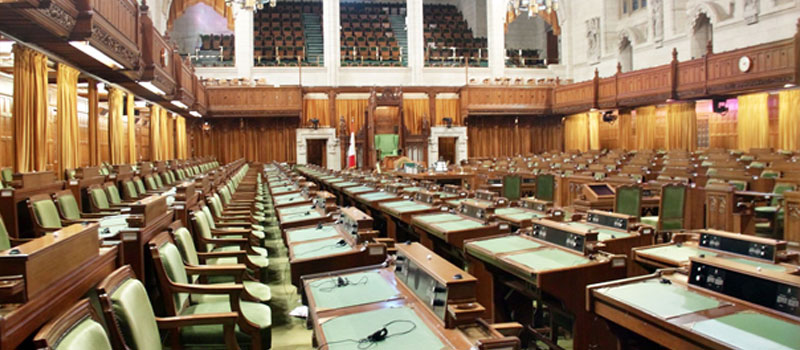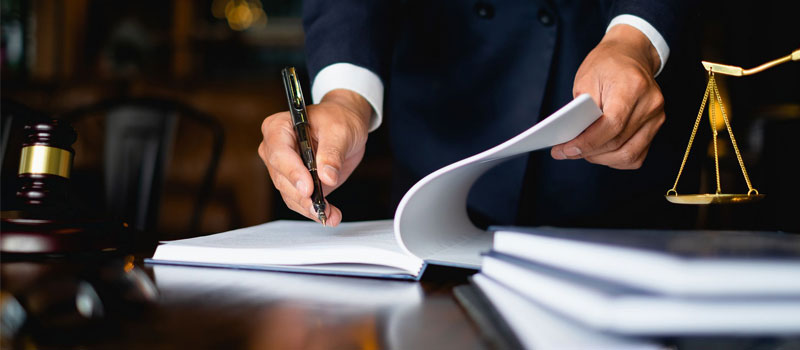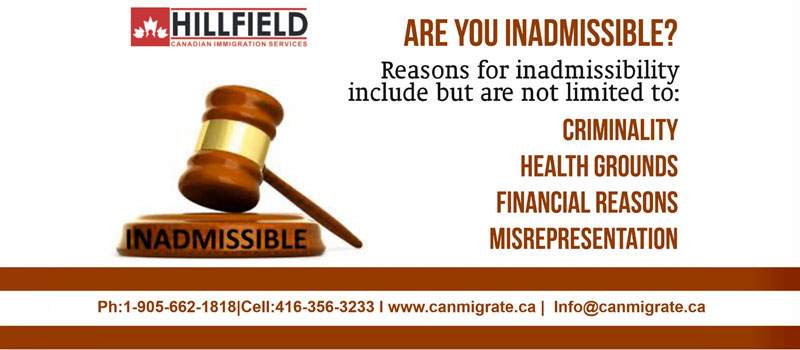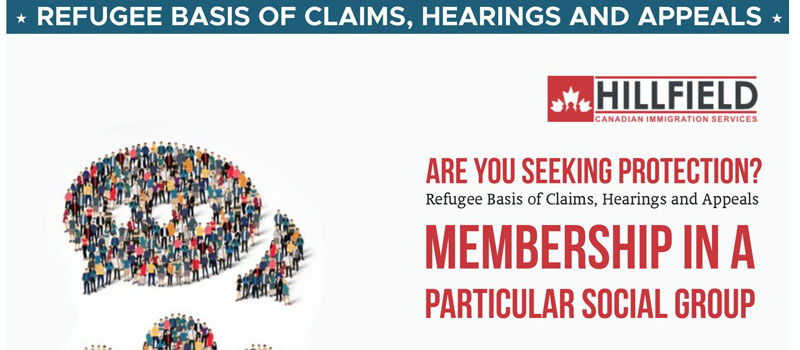Ontario
annual rent increase guideline for 2021 set at 0% (a rent
freeze)
Published by Paragon Legal Services on 17th June, 2021
Remember that the landlord must give you at least 90 days written notice of the rent increase before it can take effect. The Government of Ontario has passed legislation to freeze rent at 2020 levels. This means that rents will not increase in 2021 for the vast majority of rented units while the rent freeze will end on December 31, 2021.
These rental rules and agreements apply to most private residential rental units, including those in single and semi-detached houses, apartments and condominiums, and secondary units (e.g., basement apartments). Other types of rentals which aren't included, are university and college residences and commercial properties.

It is against the law for landlords to discriminate against you because of racial bias, sex, age, sexual orientation, gender identity, marital status, colour, nationality, religion, ethnicity, disability, social standing or dependent, financial rating.
There is no limit on how much rent landlords can charge new tenants when they first move in. So your rent will be whatever you and the landlord agree on. The exception to this rule is the rent freeze. After you agree on a starting rent, there are usually limits on how much and how often your rent can go up. You should have a legal expert help you review your contract.
Be sure to get a receipt each time you pay your rent. Rent receipts can be very important if you have a dispute with your landlord. Receipts can also be useful when you fill out your income tax return. If you pay rent with a money order, your copy is not a receipt unless it is signed and dated by your landlord. The law says that your landlord must give you a receipt if you ask for one. After you move out, your former landlord must give you receipts if you ask within 12 months. If you do not get your receipts we can give you the professional legal advice you require.

Your landlord is responsible for maintenance and repair of your place, things that came with your place, such as appliances, and common areas, such as parking lots, elevators, and hallways. Your landlord must keep your place in good condition and fit to live in. This is the law even if you knew about a problem before you rented the place, or if your lease says you took the place "as is".
Your landlord may own the place you are renting, but it is your home. Your landlord must respect your right to have privacy. Your landlord can only enter your home in an emergency or with your explicit permission when given proper notice.

Your landlord can only evict you in specific situations and must give you written notice using the proper form provided by the Landlord and Tenant Board.
Your landlord must also compensate you if you must leave for renovations or repairs. Under new rules, you must give you right of refusal after completion. If he/she refuses, you have a right to file a claim using a professional legal expert.








